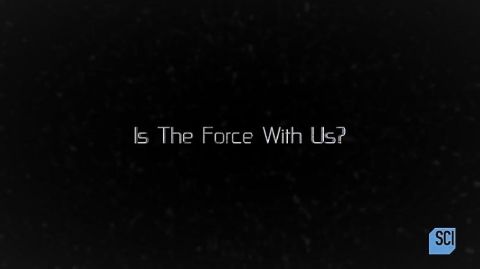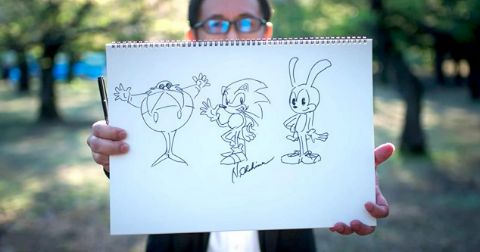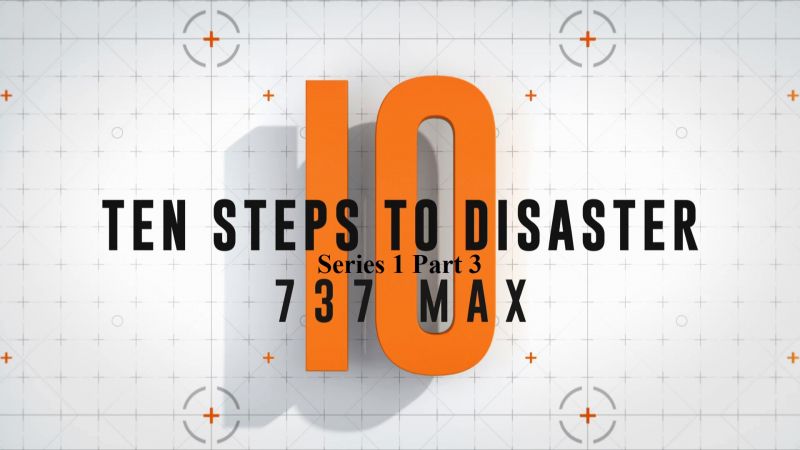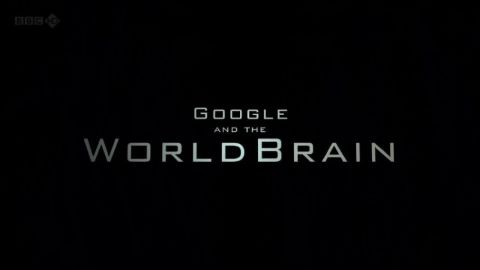The Future of AI: Dream or a Nightmare
Mike Wooldridge grapples with the future of AI in the third and final Christmas lecture.
Mike takes a ride in a driverless car. Autonomous vehicles, once a science fiction dream, are now a reality. Many AI researchers believe removing human drivers will eventually make our streets much safer. Mike explores how the car ‘sees' and perceives the world – and how with the help of AI, it gets better the more it drives.
Although AI will create many exciting opportunities, advances in AI have raised fears – some justified, others not. With the help of expert guests, Mike talks us through some of the risks AI poses. He unpacks the very real danger of bias in AI, asking how we avoid creating AI that favours those who resemble its creators, and he explores the dangers of 'fake news' and how AI algorithms can lead to dangerous online 'echo chambers', helping to foment extreme views. Mike also demonstrates deepfake technology and asks if AI means we simply can't trust our eyes any more?
The prospect of super-intelligent AI means that in the future we may be able to mobilise AI to uncover radical large-scale solutions to the biggest problems facing humanity, such as climate change. But we need to think carefully about what we want to let AI control. Could AI in charge of weapons accidentally begin wars – and present a risk to our survival?
And, as AI gets ever more intelligent, how should we treat it? How does our audience feel about kicking an AI robot dog? This lecture addresses the big question of AI: can it ever truly be like us, or are humans unique? As AI advances, it seems these ethical questions are destined to get ever more complex…
The Christmas Lectures are the most prestigious event in the Royal Institution calendar, dating from 1825 when Michael Faraday founded the series. They are the world's longest running science television series, and always promise to inspire and amaze each year through explosive demonstrations and interactive experiments with the live theatre audience.
S1E3 •
BBC Royal Institution Christmas Lectures: The Truth about AI •
2023 •
Technology


















